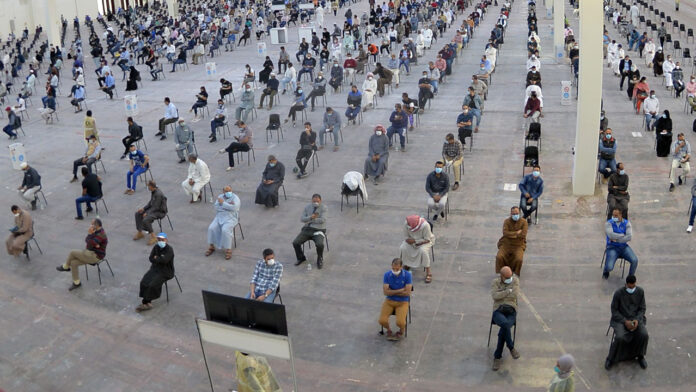Addiction knows no bounds during this time of self-isolation, which, to some, maybe a death sentence waiting to happen. During this time of the pandemic and a growing number of lockdowns, many addicts are struggling to remain sober. Classes and groups have closed or discontinued in heavily infected areas. However, to combat addiction while facing a global pandemic is at the top of the Alcoholics Anonymous and Narcotics anonymous list.
Alcoholics Anonymous is known as an international organization of men and women who have had a drinking issue. It is nonprofessional, self-supporting, multiracial, apolitical, and accessible almost everywhere. There are no age or education requirements. Fellowship is open to anyone who wants to do something about his or her drinking problem.
The group focuses on THE TWELVE STEPS OF ALCOHOLICS ANONYMOUS A.A.’ sA.A.’s Twelve Steps are a group of policies, spiritual in their nature, which, if practiced as a way of life, can dismiss the obsession to drink and enable the person to become happily and usefully whole.
THE TWELVE TRADITIONS OF ALCOHOLICS ANONYMOUS (Short Form) A.A.’ sA.A.’s Twelve Traditions apply to the life of the Fellowship itself. They outline how A.A. maintains its unity and relates itself to the world about it, the way it lives and grows.
According to the General Service Office (G.S.O.) they have been receiving inquiries about how groups should respond to the COVID-19 (coronavirus). Many groups and members are concerned about health and safety issues and are looking for leadership on how to approach this question.
The General Service Office announced its current operation methods as a resource center for A.A. followers and groups who are looking for the shared experience of the Fellows; they would like everyone to remain calm and contact their local center.
However, guiding people on health issues is outside the range of the A.A. sharing that G.S.O- they suggest contacting the national, state/provincial, and local health authorities for proper information.
Currently, they do have extensive experience to share regarding how groups and members have begun to address this issue.
Around the country, some groups have ignored the messages of the C.D.C.- continuing to meet with huge groups. Some groups have considered making changes to customs at their meetings. For example: have included: avoiding shaking hands and handholding,g; making sure meeting hospitality tables are sanitary or suspending food hospitality for the time being.
Despite group decisions, they have announced as an organization that each individual is accountable for their own health decisions. Varies groups have considered contingency plans in case the group is momentarily unable to meet in person.
These plans have included: organizing contact lists and keeping in touch by phone, email, or social media; assembling the meetings by telephone or online.
Also, the organization is providing members information for the A.A. Online Intergroup (www.aa-intergroup.org) to serve as an additional helpful resource.
If a group isn’t operating its regular meetings, they may want to communicate this to local A.A. sources. G.S.O. has experienced inquiries about the A.A. events it coordinates throughout the year.
For more information, the organization would like people to visit www.aa.org regarding G.S.O./A.A.W.S. coordinated events.
Their announcement reads, “Please be assured that the health and safety of attendees is a priority. G.S.O. is closely monitoring relevant health advisories regarding COVID-19 (coronavirus). We hope this limited sharing is helpful.”


